
‘Technology is rapidly revolutionizing warfare, fundamentally changing the circumstances in which conflicts unfold. With modern drones and artificial intelligence, a paradigm shift is taking place that fundamentally rewrites our concepts of war. The battlefield no longer necessarily requires human presence…The era of self-sacrificing captains is disappearing, if not already gone.’

‘The emergence of critical historiography, regardless of religious affiliation, from the turn of the 19th and 20th centuries onwards, “lifted the veil” on the previously much-appreciated campaign and its leader. Eminent historians read the contemporary chroniclers who were dissatisfied with the King’s departure and reassessed the campaign led by Andrew accordingly.’
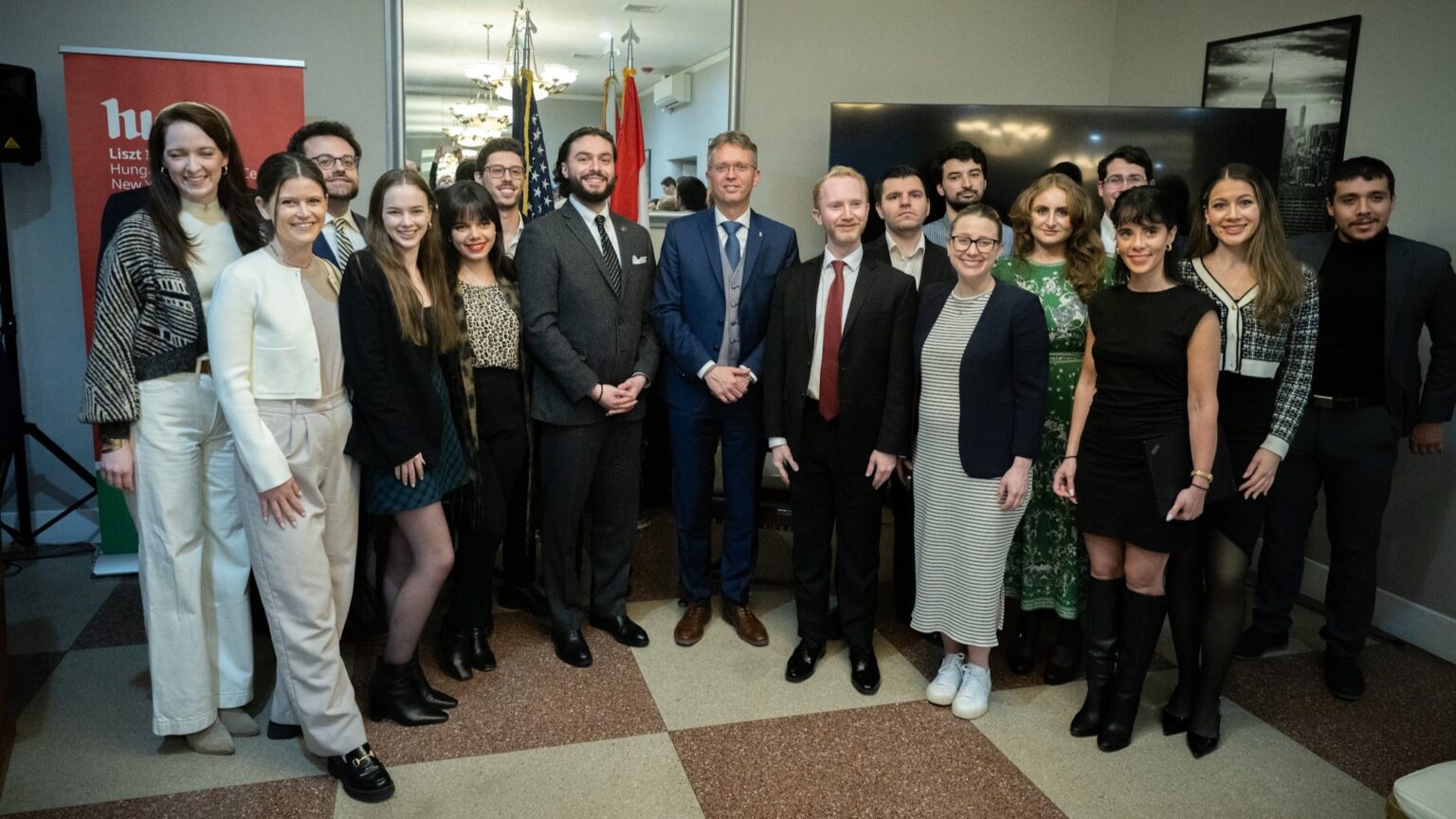
‘At the latest event of the Speaker Series organized by the New York Young Republicans Club (NYYRC), Hungarian Minister of Culture and Innovation Prof. Dr. Balázs Hankó spoke about the significant roles that culture, technology, and diplomatic engagements play in shaping Hungary’s international standing and domestic growth…’

Former Deputy Assistant to Donald Trump, Fred Fleitz, writes in Newsmax that Hungarian Prime Minister Viktor Orbán made the right decision in withdrawing from the International Criminal Court last week. Fleitz also urged other countries to follow suit, arguing that the Hague-based court poses a serious threat to national sovereignty due to its politically biased decisions.
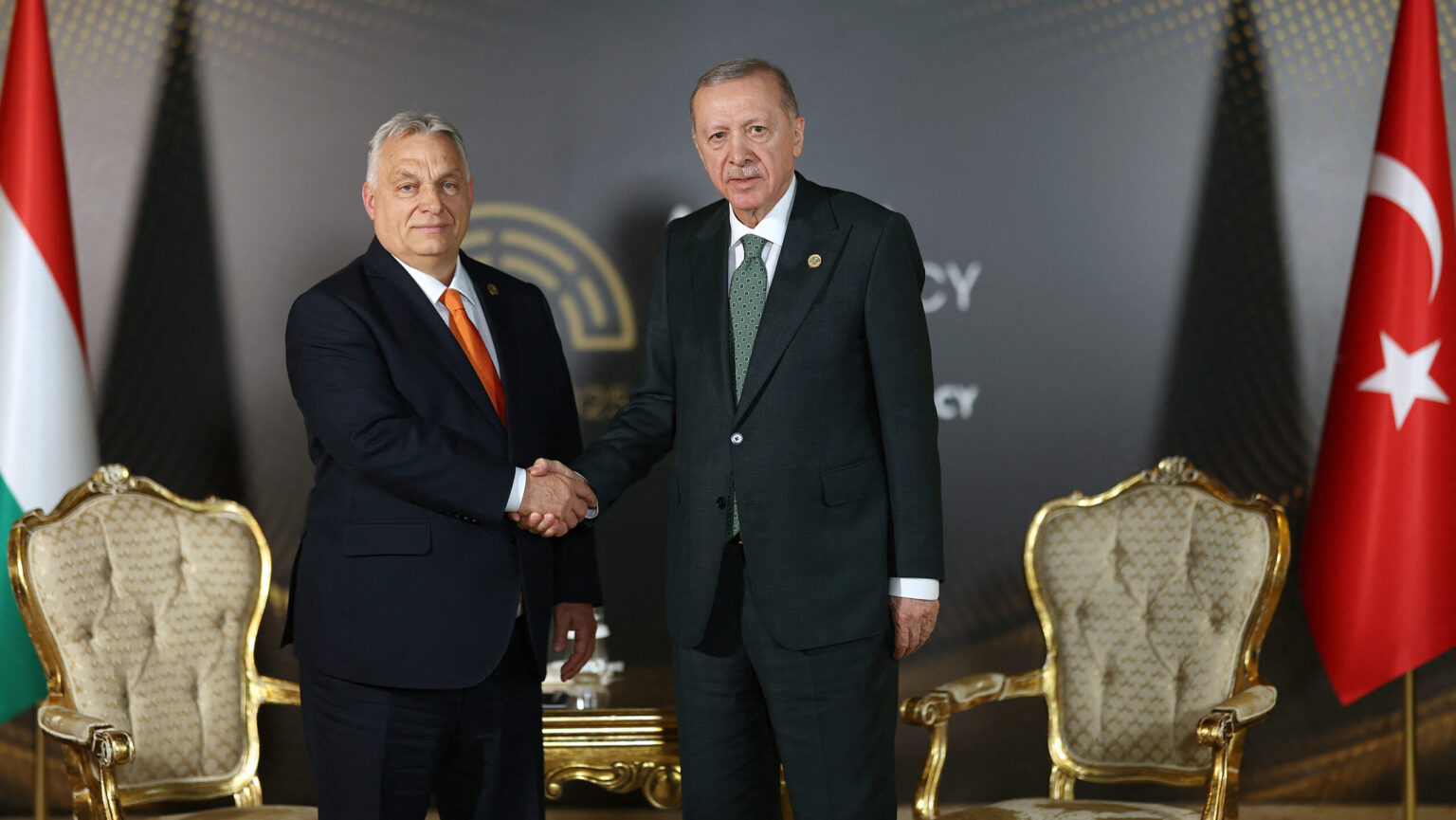
Hungarian Prime Minister Viktor Orbán is currently in Türkiye, where he met with Turkish President Recep Tayyip Erdoğan at the Antalya Diplomacy Forum. One of Orbán’s closest allies in the region, Erdoğan is facing unrest on a scale not seen in years following the arrest of opposition leader Ekrem İmamoğlu on charges of corruption and alleged links to terrorism.
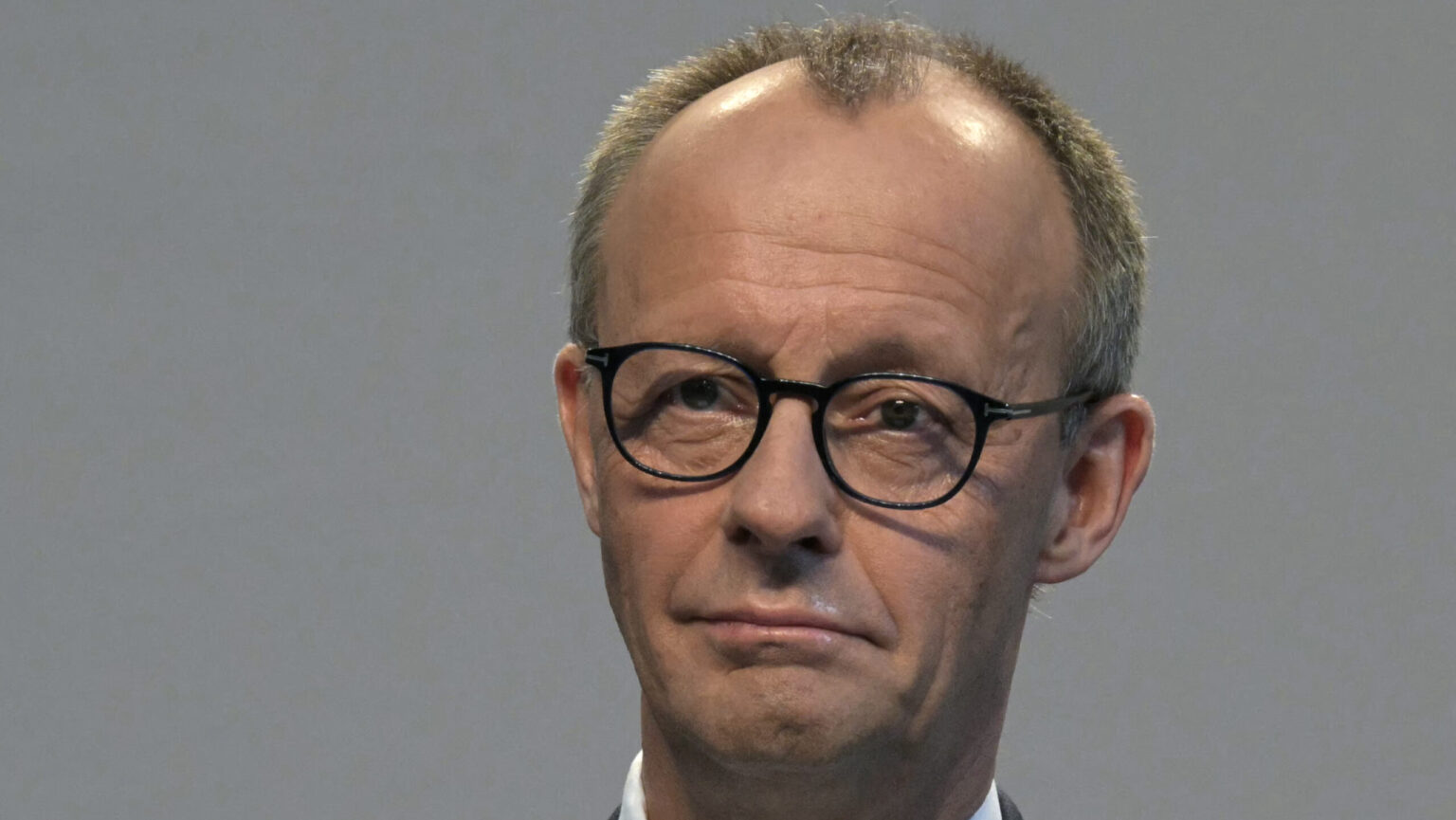
With the CDU–SPD coalition agreement presented on Wednesday, it has become clear that the new government, under the leadership of Friedrich Merz, will prioritize Ukraine’s interests over those of Germany and its people. Having failed to deliver on his own campaign promises, Merz is already paying the price for his political betrayal: Alice Weidel’s AfD has overtaken the CDU, becoming the largest party in Germany by a margin of one percentage point.
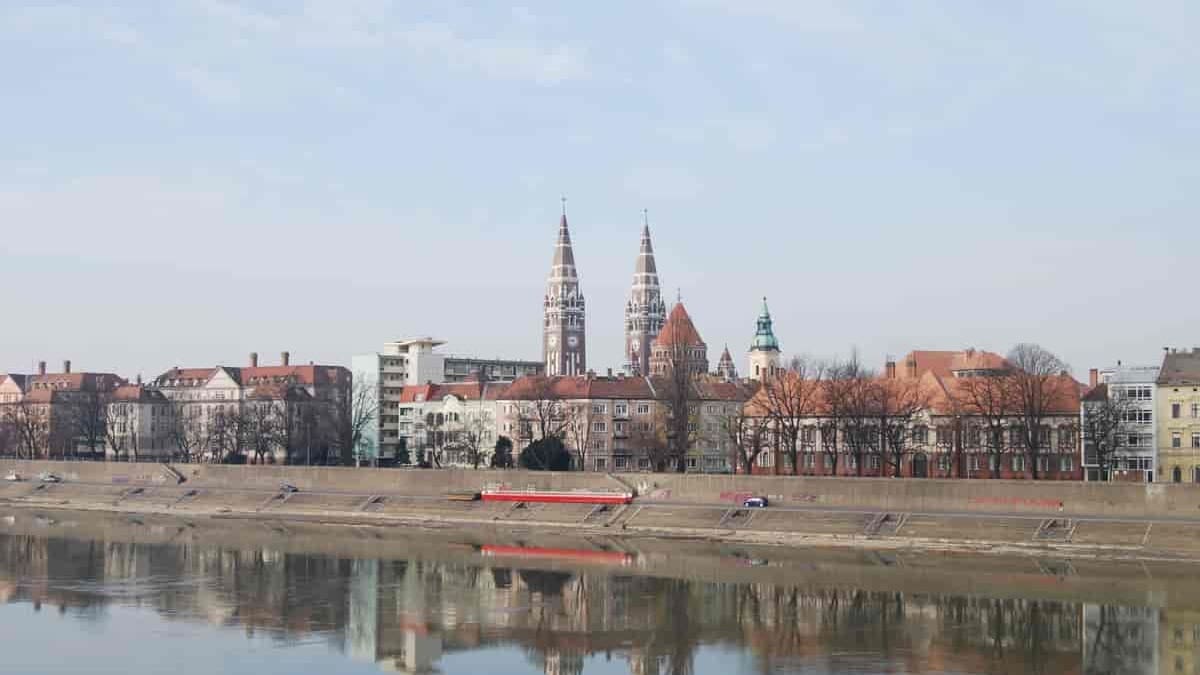
Fourteen people have been indicted for drug trafficking in the city of Szeged, Hungary. Seven of the suspects were allegedly dealing drugs as part of an organized crime group, who delivered the illegal substances disguised as food delivery men.
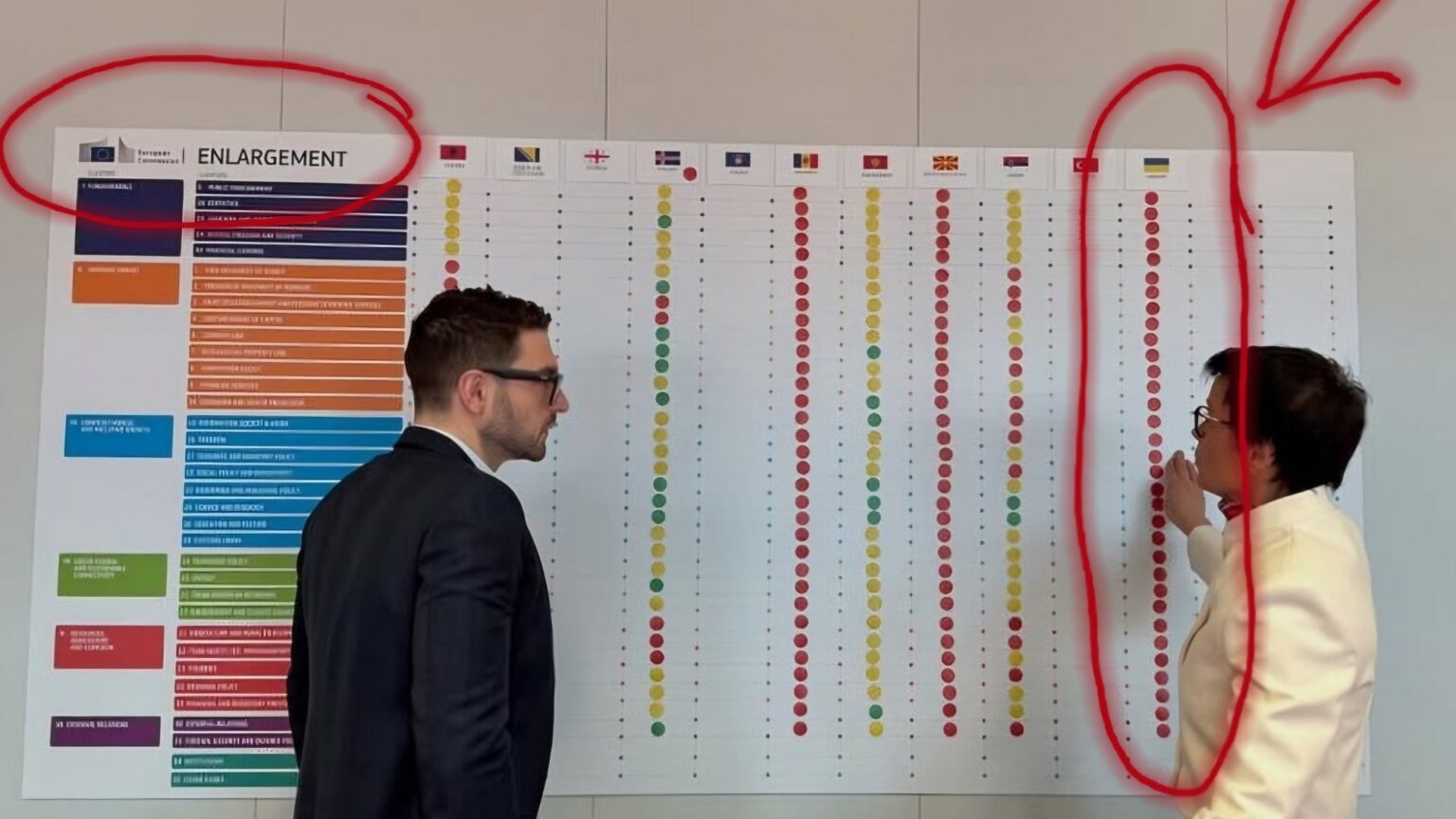
In a Facebook post, Director General for the Center for Fundamental Rights Miklós Szánthó has pointed out that an image of Alex Soros and Marta Kos shows that Ukraine has not met any of the criteria for EU membership, even by the European Union’s own assessment.

During his official visit to Tokyo, Hungary’s Minister for National Economy Márton Nagy met with top Japanese leaders to strengthen economic, trade, and investment ties, reaffirming Japan’s key role as a strategic partner for Hungary in the Asia–Pacific region.

In a radio interview, Hungarian PM Viktor Orbán discussed EU politics, Ukraine’s accession, domestic economic policies, and national values, drawing comparisons between past and present political controversies and defending the government’s actions.
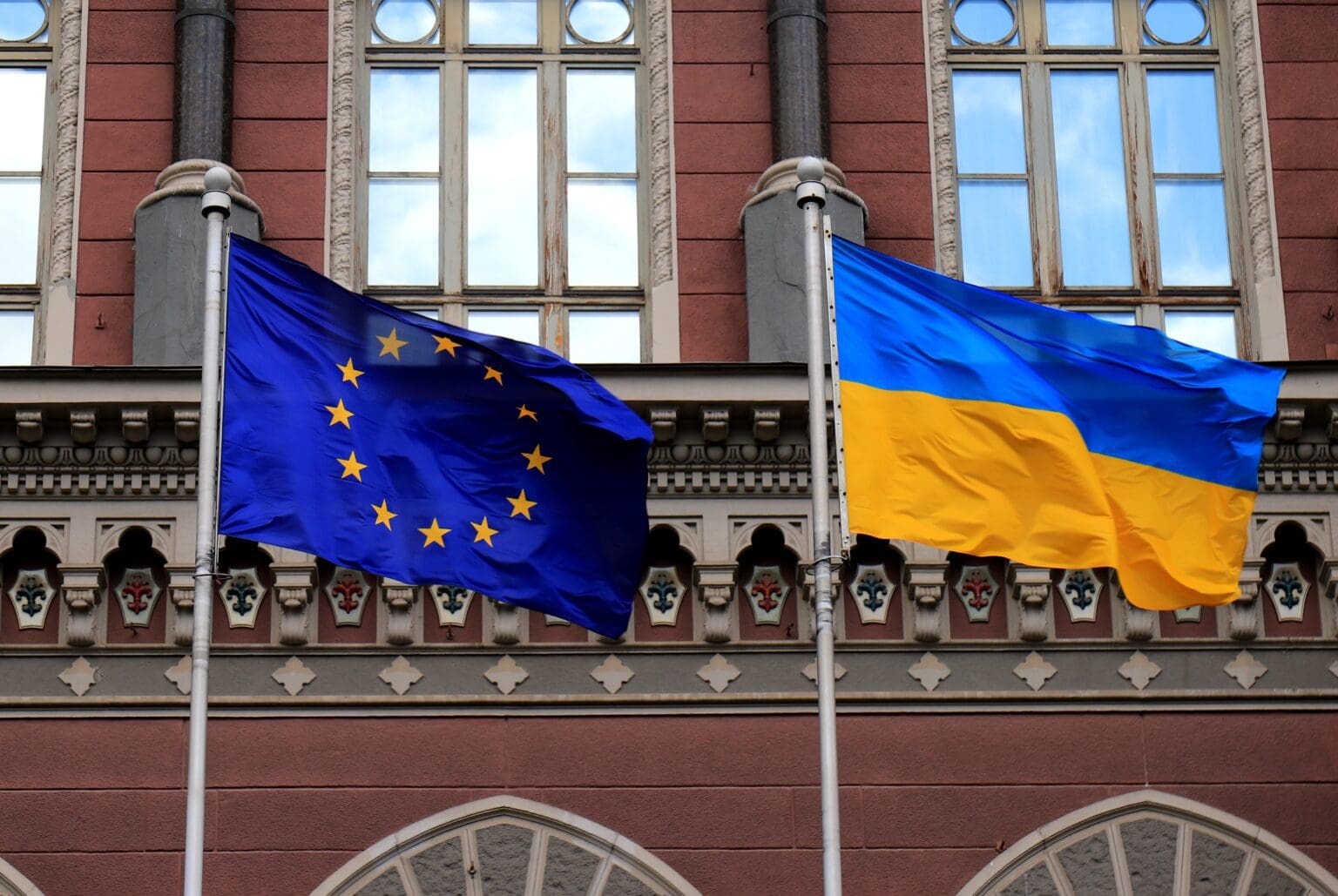
According to a Századvég survey, 72 per cent of Hungarians believe Ukraine’s fast-tracked EU accession would be more harmful than beneficial to Hungary, citing financial strain and security risks as major concerns.
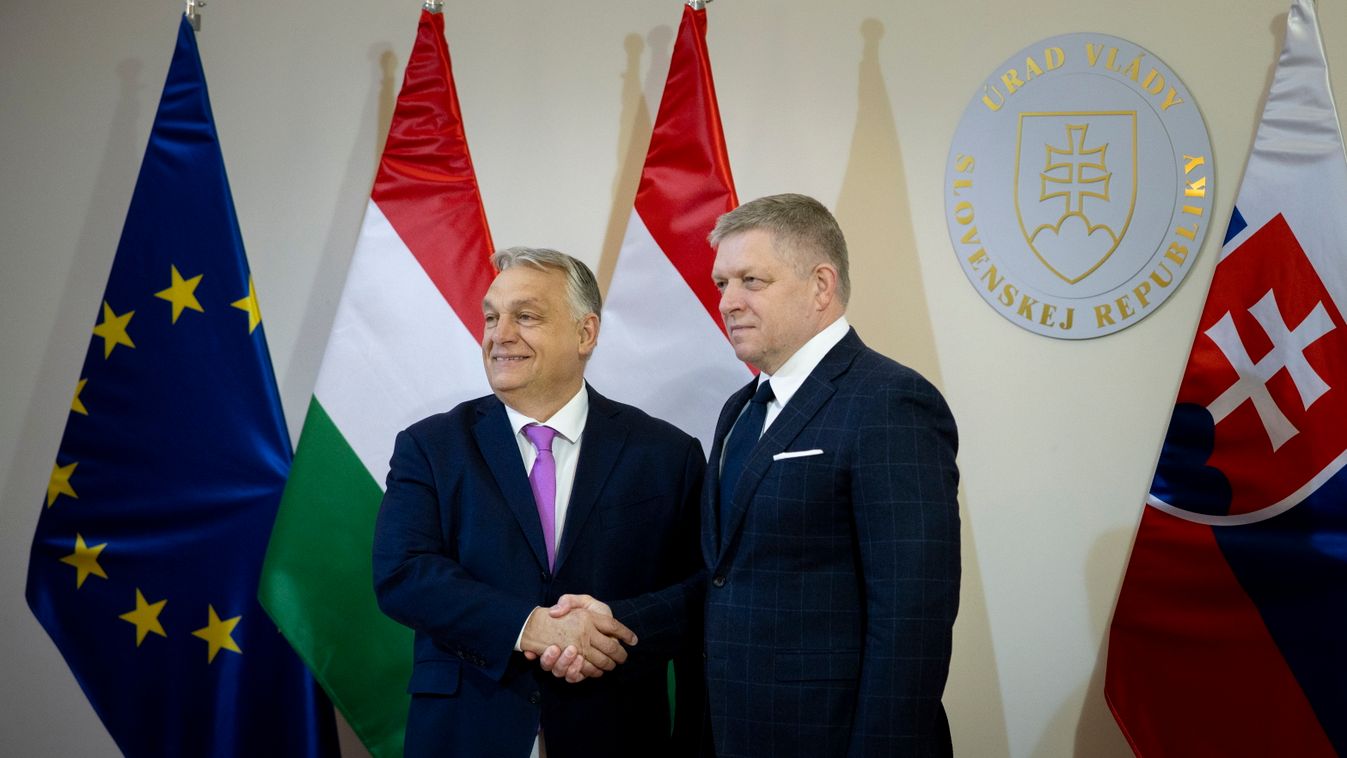
Prime Minister Robert Fico of Slovakia has announced that his government coalition is proposing a new amendment to the Slovakian Constitution which would dictate that only two genders, male and female, are recognized by the country’s government. This is a very similar amendment that Hungary added to its Fundamental Law in December 2020.

‘Bosnia and Herzegovina is facing the most serious constitutional crisis since its inception, and this crisis will be resolved through political and legal means,’ President of Republika Srpska Milorad Dodik told Hungarian Conservative. In the interview, the Bosnian Serb leader—currently facing two arrest warrants—sets out the lesser-known perspective of the ongoing tensions in the Western Balkans.
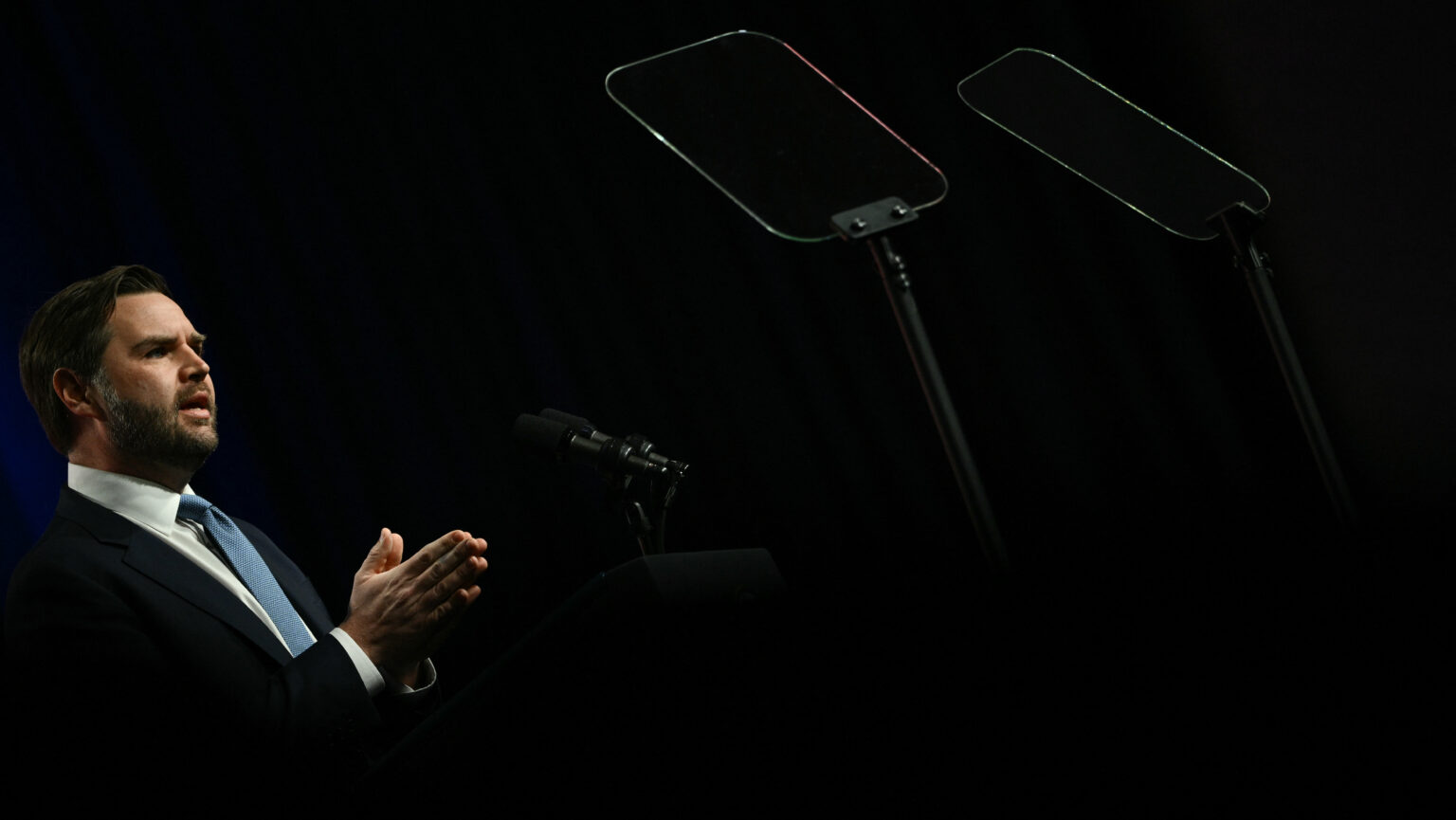
US Vice President JD Vance warned that Europe is heading toward ‘civilizational suicide’ due to unchecked migration, shrinking freedoms and embracing a woke agenda. Hungary is among the few bright spots, credited for defending its borders and national identity.

To mark the 75th anniversary of Greater Budapest’s formation, the Metropolitan Ervin Szabó Library is launching a 14-part discussion series across former towns and villages that joined the capital in 1950, exploring the social and cultural impact of unification.

After President Trump announced a 90-day pause for the 75 countries that offered to negotiate instead of reciprocating, the Dow Jones Industrial Average rose 2,962.86 points, which is the largest single-day gain in its history. In terms of percentage, it was 7.87 per cent, which was its 19th largest single-day gain since it started tracking in 1882.

A pilot project showcasing urban-level applications of artificial intelligence has launched in Miskolc. The initiative will focus on boosting the economy, improving education, developing digital skills, and enhancing tourism through AI solutions.

Hungarians will soon vote in a national consultation on Ukraine’s potential EU membership. Ballots are now being printed with strict security measures, as the government invites citizens to express their views on the controversial accession.

Why are children conservative creatures? Which has better statistics: the conservative or the liberal family model? And should the state interfere in family matters despite the old Republican concept? We talked to the Fellow of the Manhattan Institute about family policies and realities at the Danube Institute’s Family Formation conference in Budapest.

Recently, an image of a triangular picnic table in the Rajka Statue Park at the Hungary–Austria–Slovakia border, which has each of its three chairs located in a different country, has garnered quite a bit of attention on X.

China rejected Ukrainian President Volodymyr Zelenskyy’s claim of large-scale Chinese military involvement on Russia’s side on Wednesday. Kyiv announced on Tuesday that two Chinese citizens had been captured in Donetsk and suggested that there could be ‘many more’ fighting against Ukrainian forces.

Hungarian Minister for Culture and Innovation Balázs Hankó held talks with Harvard and Yale leaders to expand joint academic programmes, highlighting Hungary’s reformed higher education system and scholarship opportunities for transatlantic cooperation.
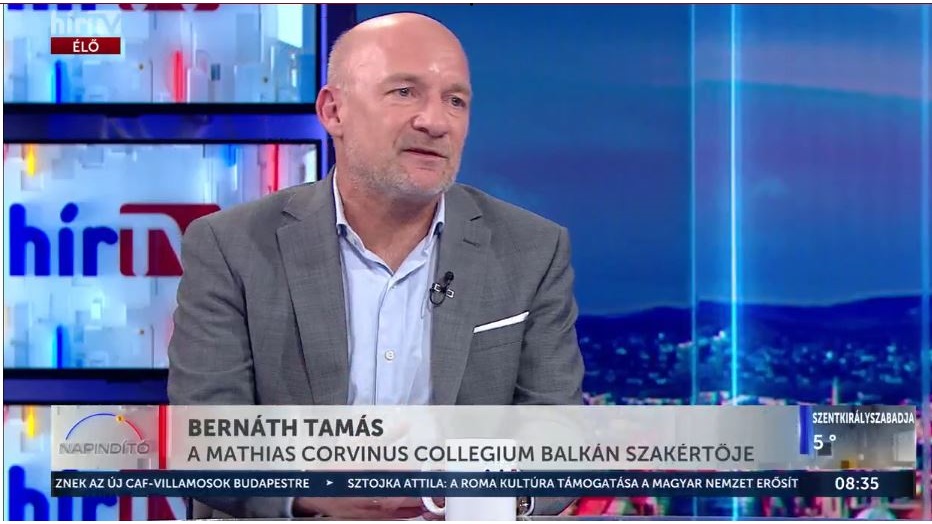
Tamás Bernáth, researcher and lecturer at the MCC School of Economics, has recently appeared on the Hungarian news channel HírTV to discuss the new crude oil pipeline being built between Hungary and Serbia; as well as a defence agreement reportedly in the planning between the two nations and its implications.

Hungarian lawmakers debate a new legislation on Wednesday targeting drug production, distribution, and use. The proposal includes stricter police powers, harsher penalties, and the potential closure of businesses tied to repeated drug offenses.
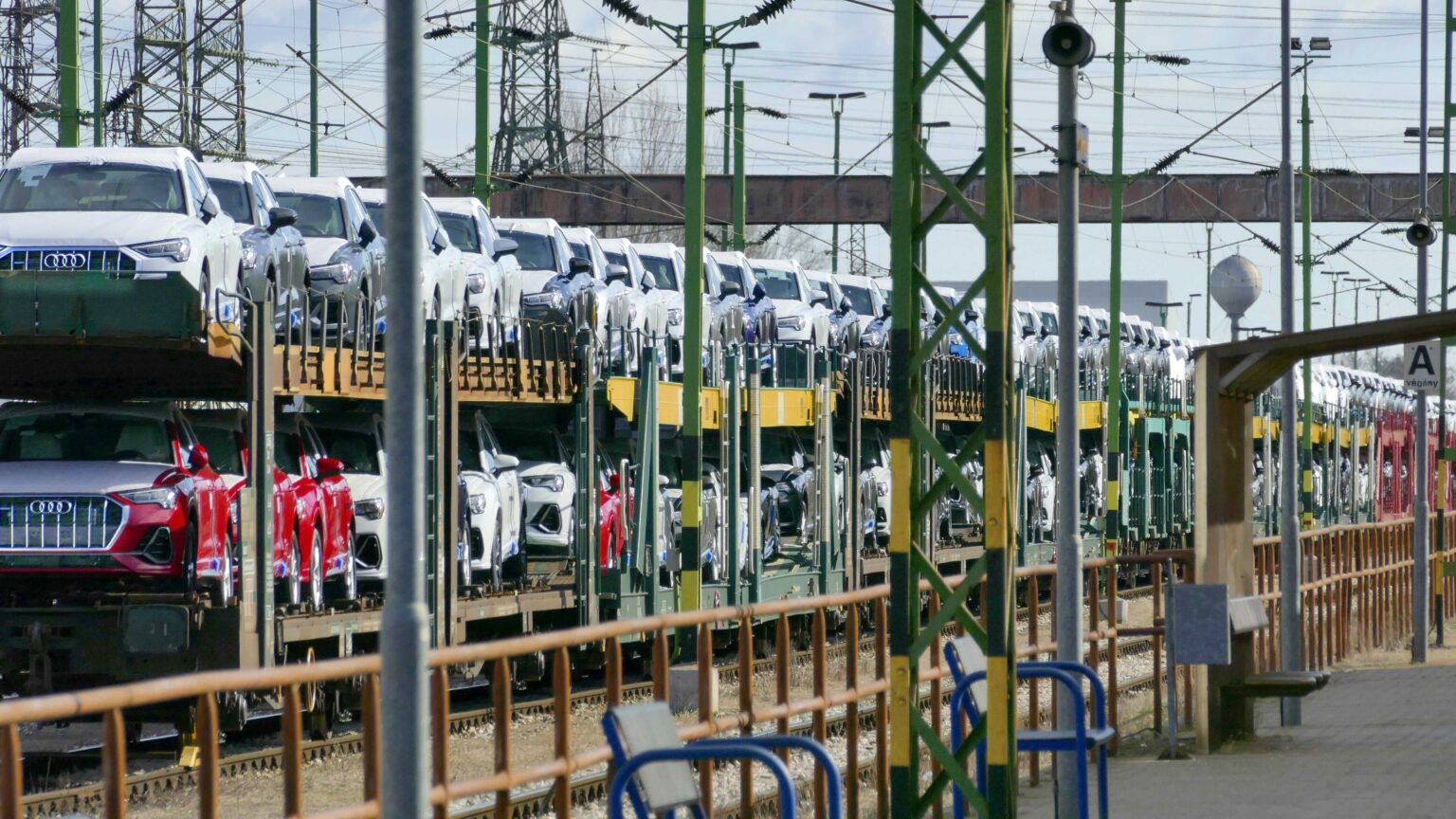
Hungary has seen a surge in interest from the global automotive industry in recent days, as it offers a rare oasis of political and economic stability amid global uncertainty—according to Hungarian Foreign Minister Péter Szijjártó in London.
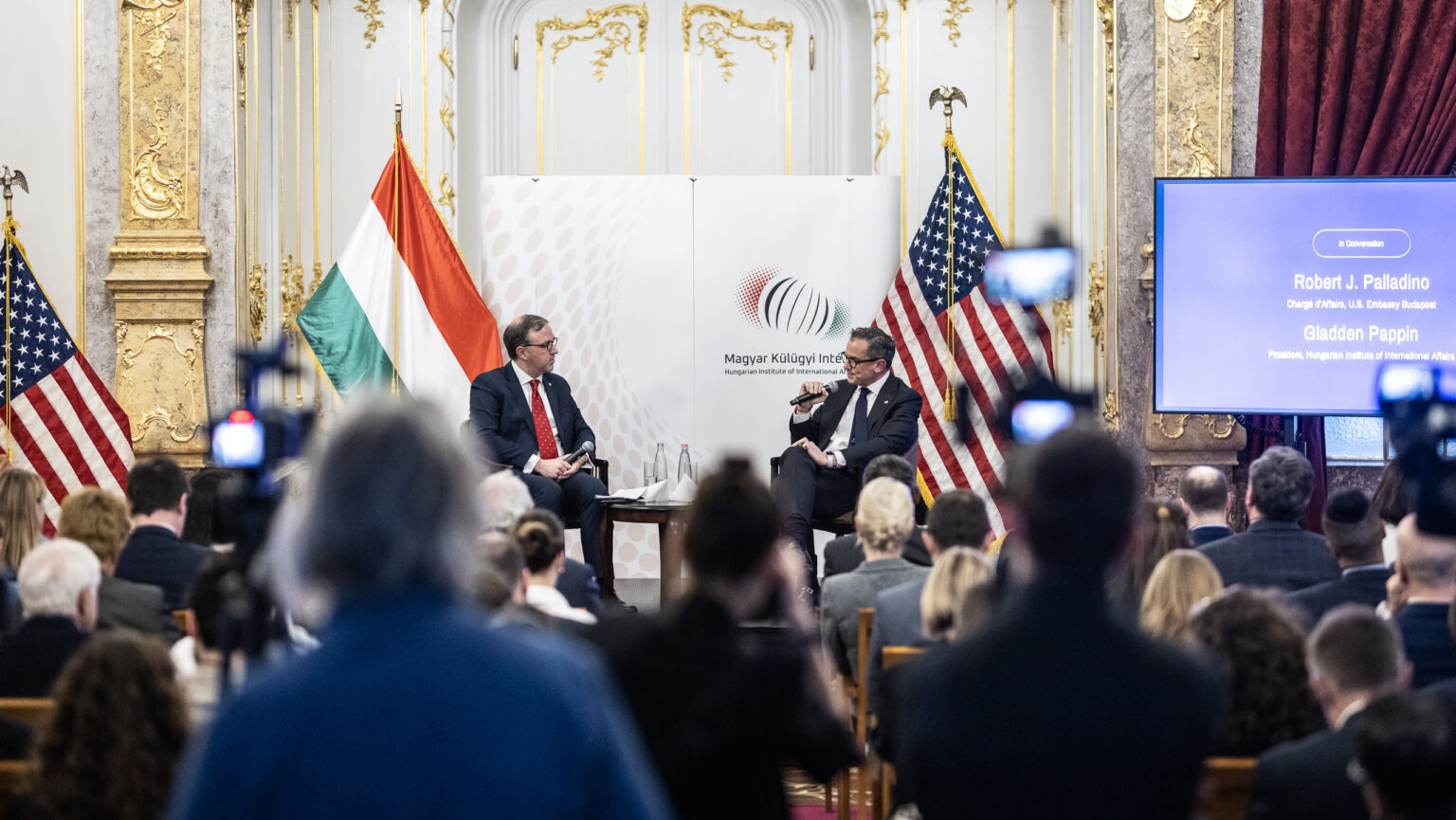
‘Thanks to the strong relationship between President Trump and Prime Minister Orbán, there is real space—on the ground, in government, in business, and among ordinary citizens—to build something meaningful,’ US Chargé d’Affaires ad interim Robert Palladino remarked during a discussion on US–Hungary relations with President of the Hungarian Institute of International Affairs Gladden Pappin.

What does a woman learn about life after being a mother of eight children? How can we protect our children from external sexual ideological stimulations? And how can the state assist in protecting families and children? We asked the Professor of the Catholic University of America about family matters at the Danube Institute’s Family Formation conference in Budapest.

BMW Group’s Debrecen plant has launched its new dual vocational training initiative, TalentFactory, where students gain hands-on experience by building tools and equipment for real production processes as part of a ‘factory within the factory’ setting.
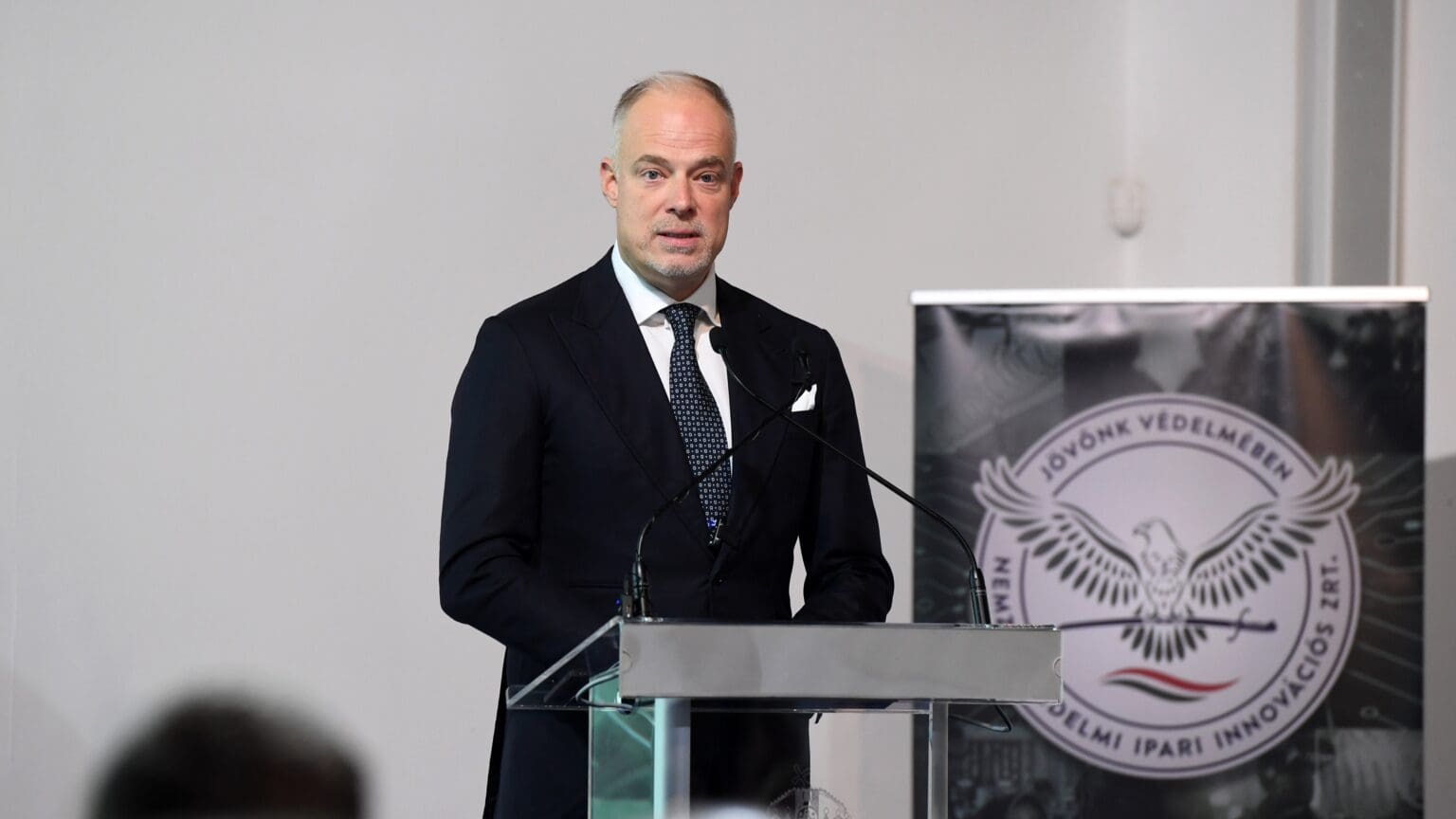
Minister of Defence Kristóf Szalay-Bobrovniczky of Hungary has announced that 5,000 new recruits have signed up for the Reserves of the Hungarian Defence Forces, which, as he pointed out, is a testament to the success of the ‘I love it, I defend it’ campaign started by his Ministry in June.
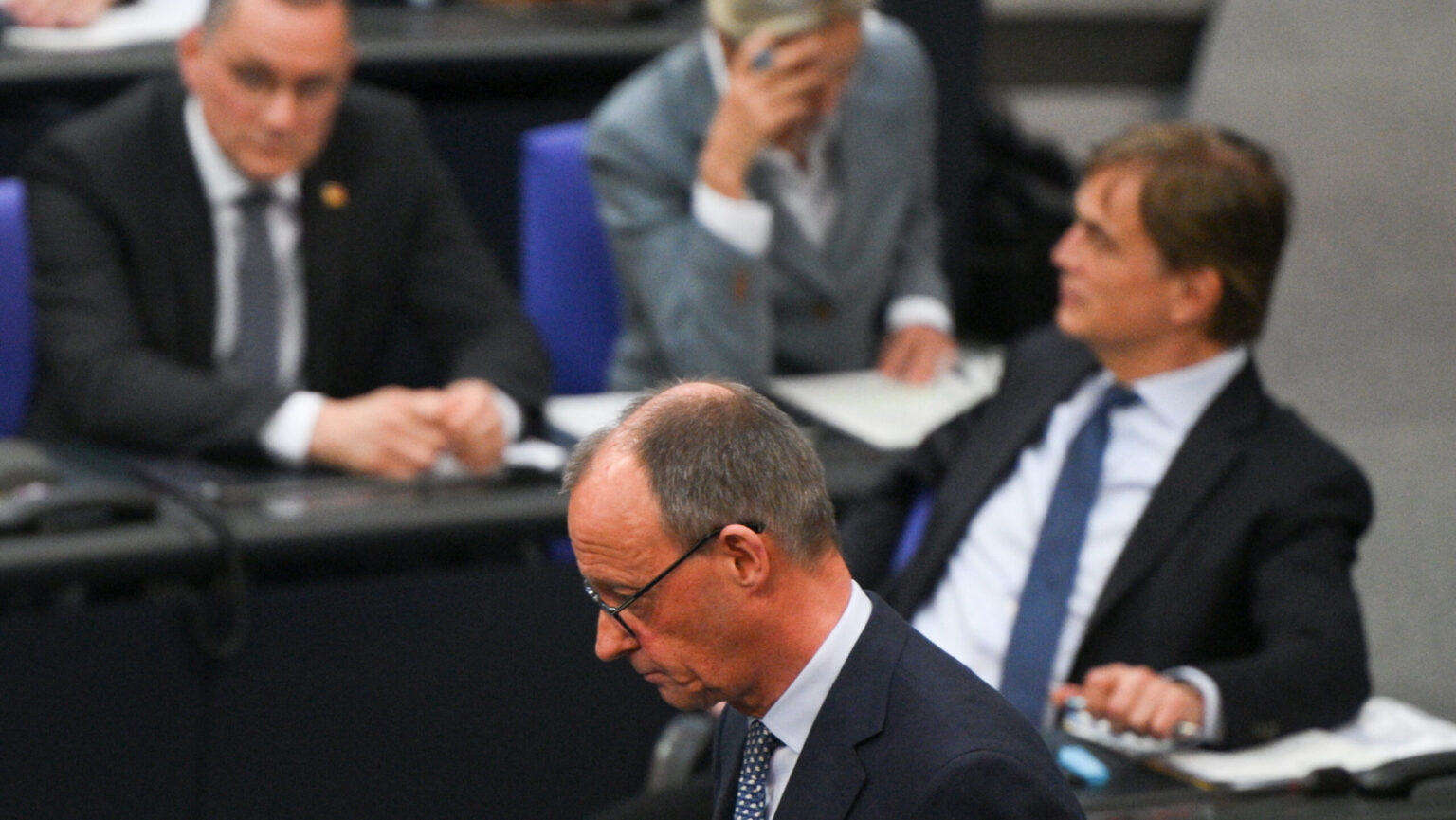
Alternative für Deutschland reaches record-high support, matching the election-winning CDU, according to an INSA–Bild poll published on Monday. The surge comes as Germany’s soon-to-be Chancellor, Friedrich Merz, faces backlash for turning on his own voters on key issues such as migration and fiscal policy.

Hungarian Conservative is a quarterly magazine on contemporary political, philosophical and cultural issues from a conservative perspective.